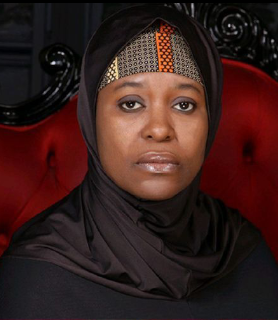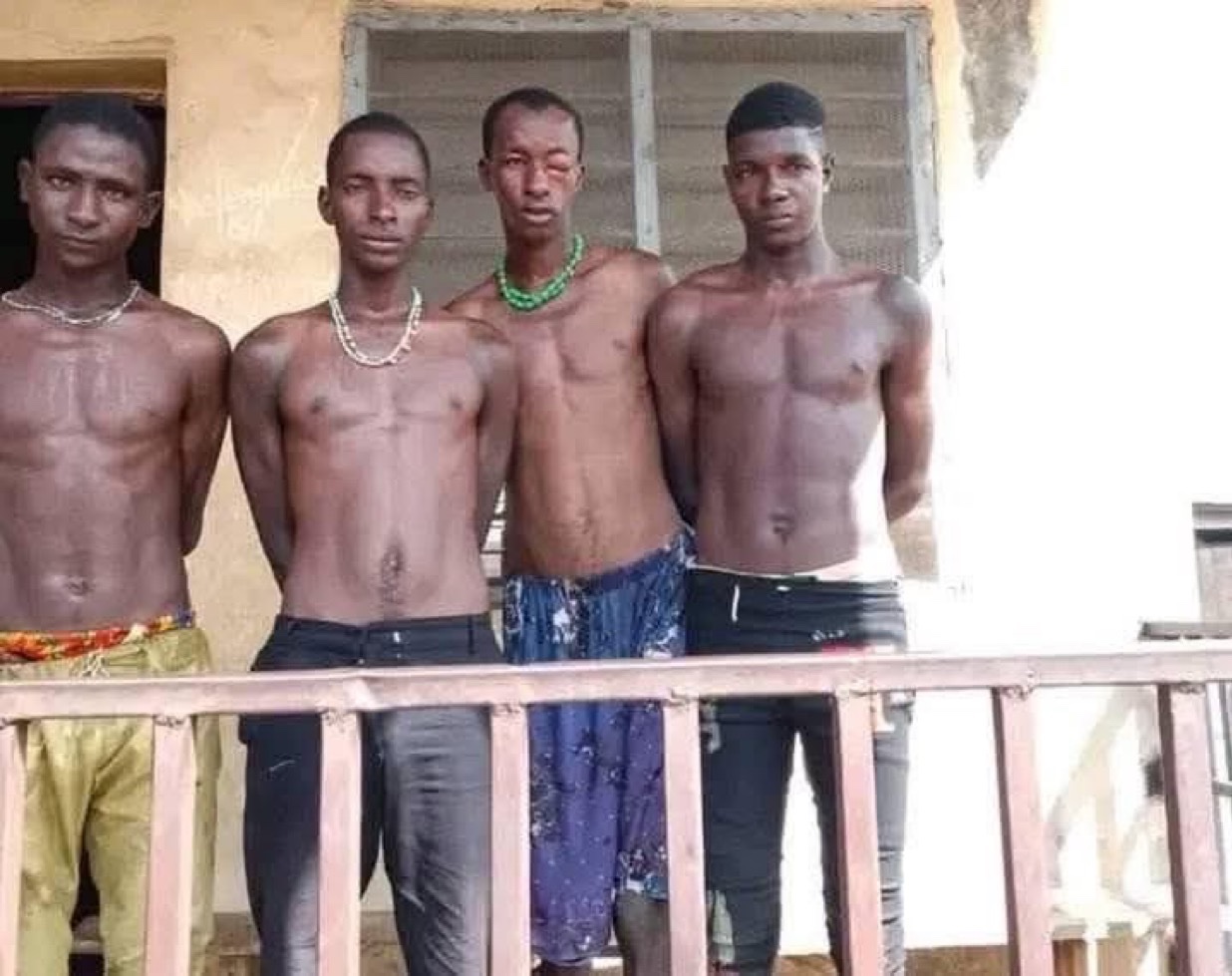
“Lagos Smells, Fix It!” — Aisha Yesufu Slams Lagos Commissioner Over Hygiene Backlash

Social activist Aisha Yesufu has come out swinging against the Lagos State Commissioner for the Environment and Water Resources, Tokunbo Wahab, following his critical response to people who described Lagos as smelling. In what is now a trending online exchange, Yesufu didn’t mince words as she rebuked the commissioner for attempting to deflect genuine feedback with political rhetoric instead of accepting responsibility and addressing the concerns raised by residents and visitors alike.
The controversy began after Commissioner Wahab accused some individuals of deliberately attempting to tarnish the reputation of Lagos State. He lamented what he described as “regrettable behavior” from people who had moved to Lagos from other states in search of better opportunities but now use social media to paint the city in a bad light. His tone and choice of words sparked reactions across the digital landscape, drawing the attention of Yesufu, a known critic of bad governance and vocal advocate for accountability.
Rather than ignore or water down the conversation, Yesufu responded with a powerful post that called out Wahab’s dismissive attitude. In a tweet that has since gone viral, she reminded Lagosians of the transformation the state once experienced under former governor Babatunde Raji Fashola, noting how he faced criticism with action rather than insults.
“Who remembers how dirty Lagos was before Gov Fashola?!” she began, drawing attention to what she sees as a stark contrast between the approach of the former governor and current officials. “He didn’t attack people who said Lagos was dirty. He rolled his sleeves and got to work. Places that were thought to be 'uncleanable,' he cleaned them and even planted flowers.”
Yesufu’s comments struck a nerve with many Lagos residents who have long expressed frustrations over the city’s sanitation challenges. She didn’t stop at merely comparing administrations—she dug deeper, highlighting the everyday realities Lagosians face, including the poor quality of water in the city. “Even pipe-borne water smells in Lagos,” she wrote emphatically. “Lagos smells! That’s a feedback to you! Fix it!”
The post ignited a fresh wave of online debates, with many siding with Yesufu and echoing her sentiment that feedback, however harsh, should be seen as an opportunity to improve and not as a personal attack or political sabotage. “You cannot insult and attack your way out of SMELL in Lagos,” she concluded in a statement that has been shared and quoted widely.
Commissioner Wahab, on his part, had originally expressed deep concern over what he described as coordinated attempts to give Lagos a bad image. His initial post read, “The deliberate efforts by a handful of individuals to tarnish the reputation of Lagos State are deeply concerning. It is regrettable that some who relocate from their home states in pursuit of better opportunities now lead campaigns to project Lagos as uninhabitable.”
However, critics argue that this line of defense falls flat in the face of undeniable problems, especially as concerns about waste management, pollution, and urban sanitation continue to grow louder in Africa’s most populous city. For many, Wahab’s tone not only lacked empathy but also showed a failure to acknowledge the lived experiences of Lagosians.
The public discourse quickly expanded beyond the original post, drawing attention to broader issues of environmental policy, political accountability, and government responsiveness. While some believe the criticisms are exaggerated, others argue that Lagos, despite its status as an economic hub, is struggling to maintain basic environmental standards, especially in densely populated areas.
Videos, photos, and anecdotal reports about waste piling up in neighborhoods, clogged drainage systems, and the pungent stench from certain parts of the city continue to circulate online, lending credence to Yesufu’s assertion. Her post, more than just a clapback, served as a reminder that true leadership is defined by problem-solving, not deflection.
The matter also touches on an important aspect of public service: communication. By interpreting criticism as a smear campaign, Wahab may have missed a critical chance to engage constructively with citizens. Public opinion experts argue that such situations demand active listening and transparency, especially when the complaints concern health, sanitation, and urban welfare.
“Yesufu didn’t just criticize; she provided historical context and a precedent for effective governance,” noted one user. “If Fashola could take feedback and turn it into action, why can’t today’s officials do the same instead of getting defensive?”
This ongoing drama between a top government official and a vocal activist underscores a deepening frustration among Nigerians about how their leaders respond to criticism. In an era where social media has become a tool for public feedback and accountability, leaders are increasingly expected to respond with solutions, not statements.
While Wahab is yet to directly respond to Yesufu’s tweet, the conversation it sparked is unlikely to fade soon. If anything, it has shone a spotlight on a lingering issue that many in Lagos have learned to live with but are no longer willing to ignore: the city’s sanitation crisis.
For now, Yesufu’s call stands loud and clear: “Lagos smells. Fix it.” Whether the commissioner and his team will accept the challenge and follow in the footsteps of past leadership remains to be seen. But what is certain is that the people of Lagos are watching—and their voices, no matter how unpleasant to hear, are not going away.


